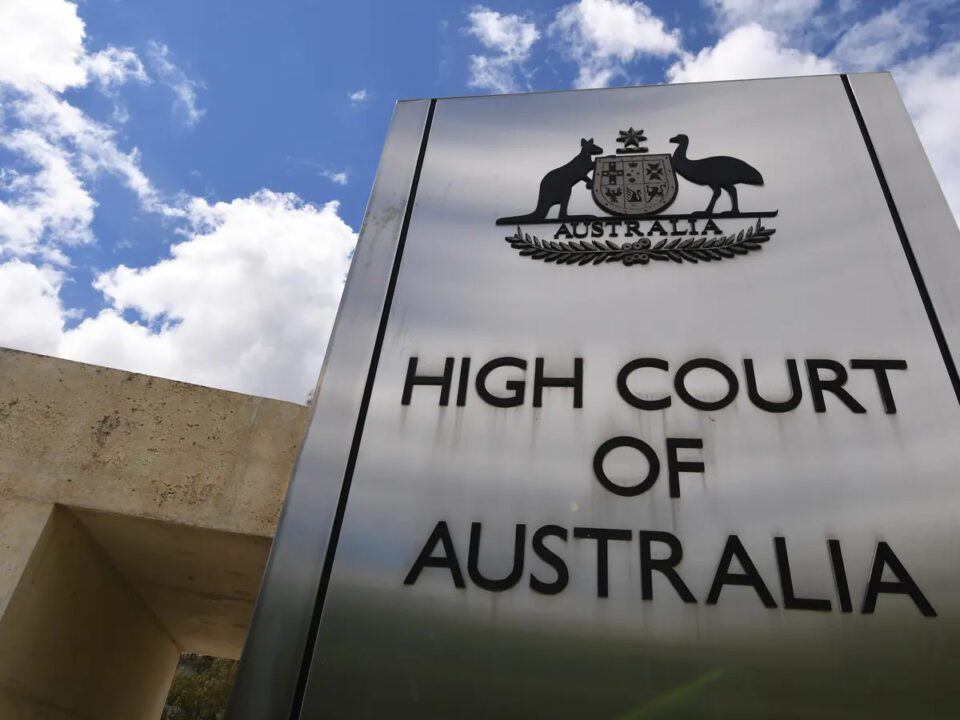Landmark High Court Decision
Australia announced on Friday that it will start releasing immigrants held in indefinite detention after its High Court ruled against the longstanding policy. The case was prompted by a stateless Rohingya man, previously detained for child sexual offences, who could not be deported.
Change in Asylum Policy
The High Court declared on Wednesday that indefinite detention was “unlawful” when deportation was not feasible, overturning laws established in 1992 that served as the foundation of Australia’s immigration policy. Prior policy aimed to discourage new arrivals with the threat of imprisonment, regardless of individual circumstances. This ruling challenges a 2004 decision and moves Australia’s immigration policies closer to international law as encouraged by the UN Refugee Agency (UNHCR).
UNHCR Welcomes Decision
Adrian Edwards, UNHCR regional representative for Australia, New Zealand, and the Pacific, expressed support for the ruling, stating that it offers potential to align Australian immigration detention practices with international law. For decades, the UNHCR has raised serious concerns about arbitrary and indefinite detention in Australia.
Ruling Poised to Have Life-Changing Consequences
Immigration Minister Andrew Giles has confirmed the release of the Rohingya man at the center of this case and declared that other detainees in similar situations will also be granted freedom. The man arrived in Australia by boat in 2012, was convicted in 2015, and was then transferred to immigration detention in 2018 after serving over three years in jail. According to AFP news agency sources, this ruling could potentially impact around 90 individuals who are not able to be deported back to their home countries.
Eighty Detainees Released So Far
Following last week’s High Court decision declaring indefinite detention unconstitutional, 80 detainees, including convicted criminals considered dangerous, have been released from Australian migrant detention centers. The man who won his freedom in the case, a member of Myanmar’s persecuted Rohingya Muslim minority, remains unable to be resettled due to his conviction and perceived danger to the Australian community.
High Court Overturns Indefinite Detention Precedent, Releases Stateless Detainees
In a significant decision, the Australian High Court recently overturned a 2004 precedent that had allowed for the indefinite detention of stateless people. The precedent was established in the case of Ahmed Al-Kateb, a Palestinian man. Immigration Minister Andrew Giles announced that since Wednesday’s ruling, 80 individuals who were being detained indefinitely have been released.
The High Court has yet to provide reasons for its decision, leaving the full implications of the ruling uncertain. However, Giles has stated that those released were immediately released in compliance with the decision. The freed detainees were granted visas with specific conditions determined by various factors including their criminal records.
According to Giles, community safety remains the government’s top priority in response to the recent ruling. In a later Parliament session, opposition MP Dan Tehan expressed concern about the release of prisoners and asked why new laws were not made to protect Australians from potential criminals. Giles indicated that new legislation might be considered once the government reviews the reasons for the High Court’s decision.
Solicitor-General Stephen Donaghue informed the court last week that 92 individuals held in detention shared similar circumstances with one detainee identified as NZYQ—no other country would accept them. NZYQ arrived in Australia on a smuggling boat in 2012 and has been detained since January 2015 after being charged with raping a child and having his visa cancelled.
Ian Rintoul, director of Australian refugee advocacy group Refugee Action Coalition, said it remains unclear on what grounds detainees are being released. He noted that one West Papuan detainee in Sydney has been held for 15 years and is still not freed. Rintoul also mentioned that not all detainees are stateless; Iran will only accept its citizens if they return voluntarily from Australia, and deportations to Afghanistan have halted.


